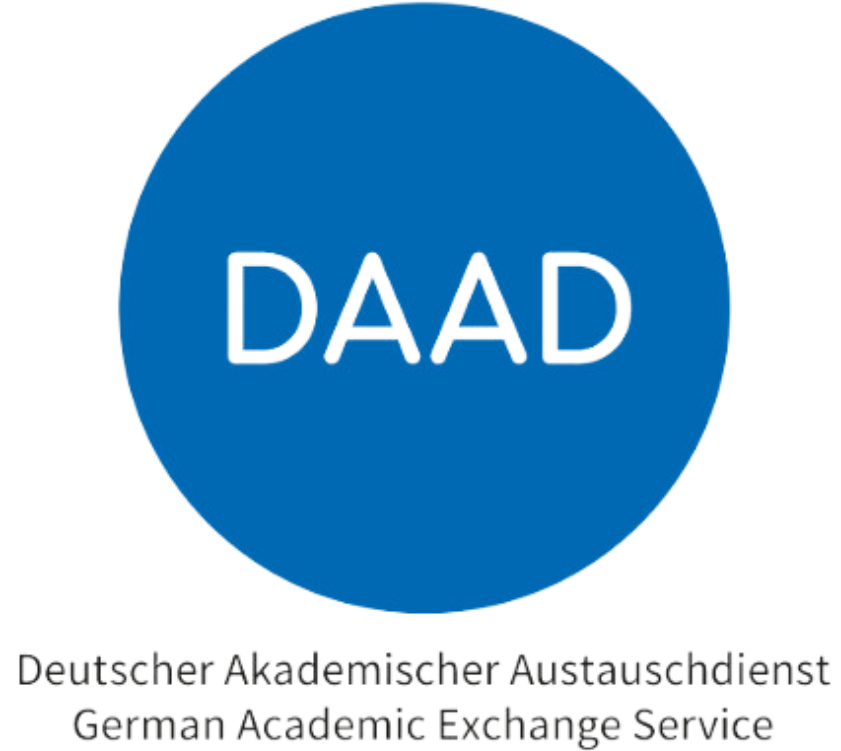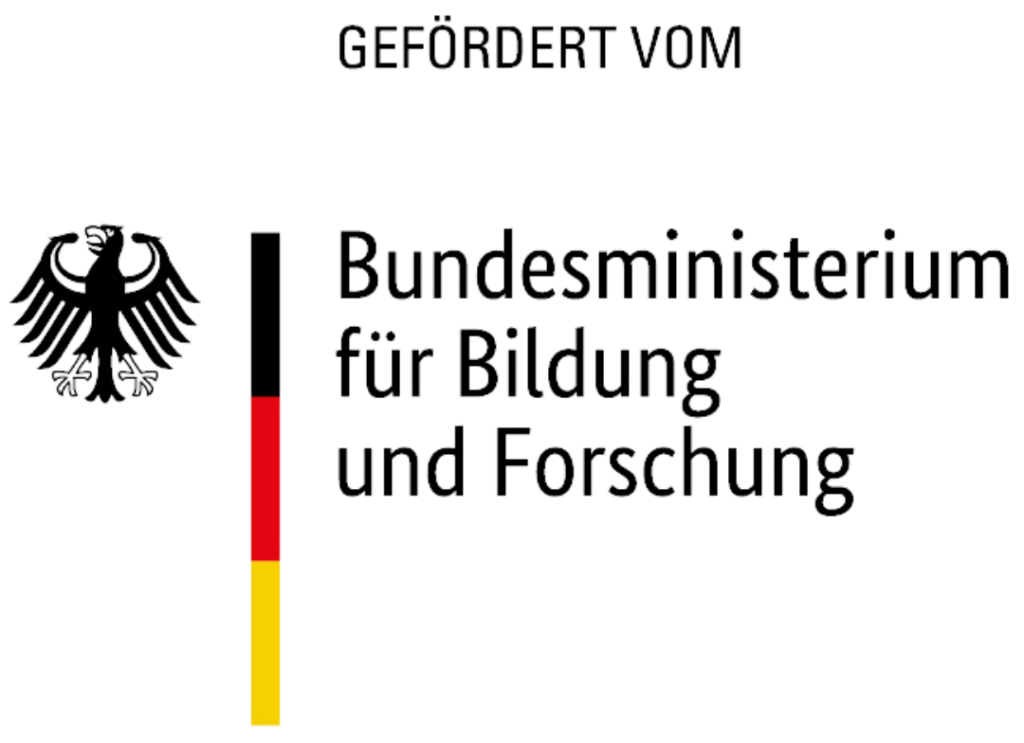

DAAD-PPP-USA
Deep Materials Microstructure Characterization
Programmes for Project-Related Personal Exchange (PPP) with USA – PKZ 57565100
This project will run in 2021-2022 and will focus on the use of data science and machine learning techniques in Materials Science and Engineering, especially in microstructure analysis applications.
Collaboration partners are:
- Prof. Elizabeth Holm from Carnegie Mellon University (CMU), Pittsburgh, one of the leading researchers in using machine learning methods for microstructure analysis.
- Prof. Frank Mücklich, Chair of Functional Materials, specialists in 3D-Microstructure Analysis.
The demands placed on modern materials in terms of strength, lightweight construction, economic aspects, and reusability/recyclability are becoming increasingly higher. To be able to meet these requirements, the microstructures of these materials are becoming more and more complex, which is accompanied by ever greater challenges for contrasting, segmentation, classification, and quantification of the microstructural features.
At the same time, enormous progress has been made in recent years in computer science related to image and data processing, as well as Machine Learning (ML), especially Deep Learning (DL). These advances open a wide range of possibilities for new materials characterization and development tools. These include data-driven approaches for correlating the processing, microstructure, and properties of a material. Moreover, newer and more efficient image processing techniques like segmentation and extraction of microstructural features, or different classification techniques, can be implemented.
However, it is important to not just jump on this bandwagon to use ML or DL as a panacea, without precisely grasping the complex material-specific questions, but to consider a holistic approach of using ML. This means not only focusing on micrographs and extracted data but starting already by selecting suitable samples and establishing reproducible sample contrasting and finding the optimum imaging technique. Metadata and a uniform ontology also play an increasingly important role in this context. Exactly this expertise is brought in by the collaborating partners.
Main scientific goals:
- Building an infrastructure for present and future exchange.
- Advancement of feature extraction and classification techniques.
- Segmentation of complex-phase-steel microstructures by deep learning.
- Classification of fracture surfaces.
- Development of workflows for unsupervised machine learning.
With the project, six travels from Saarbrücken to CMU Pittsburgh in 2021 and in 2022 to Pittsburgh will be done. The first exchange is aimed for spring or summer 2021, as soon as the corona situation settles down.



